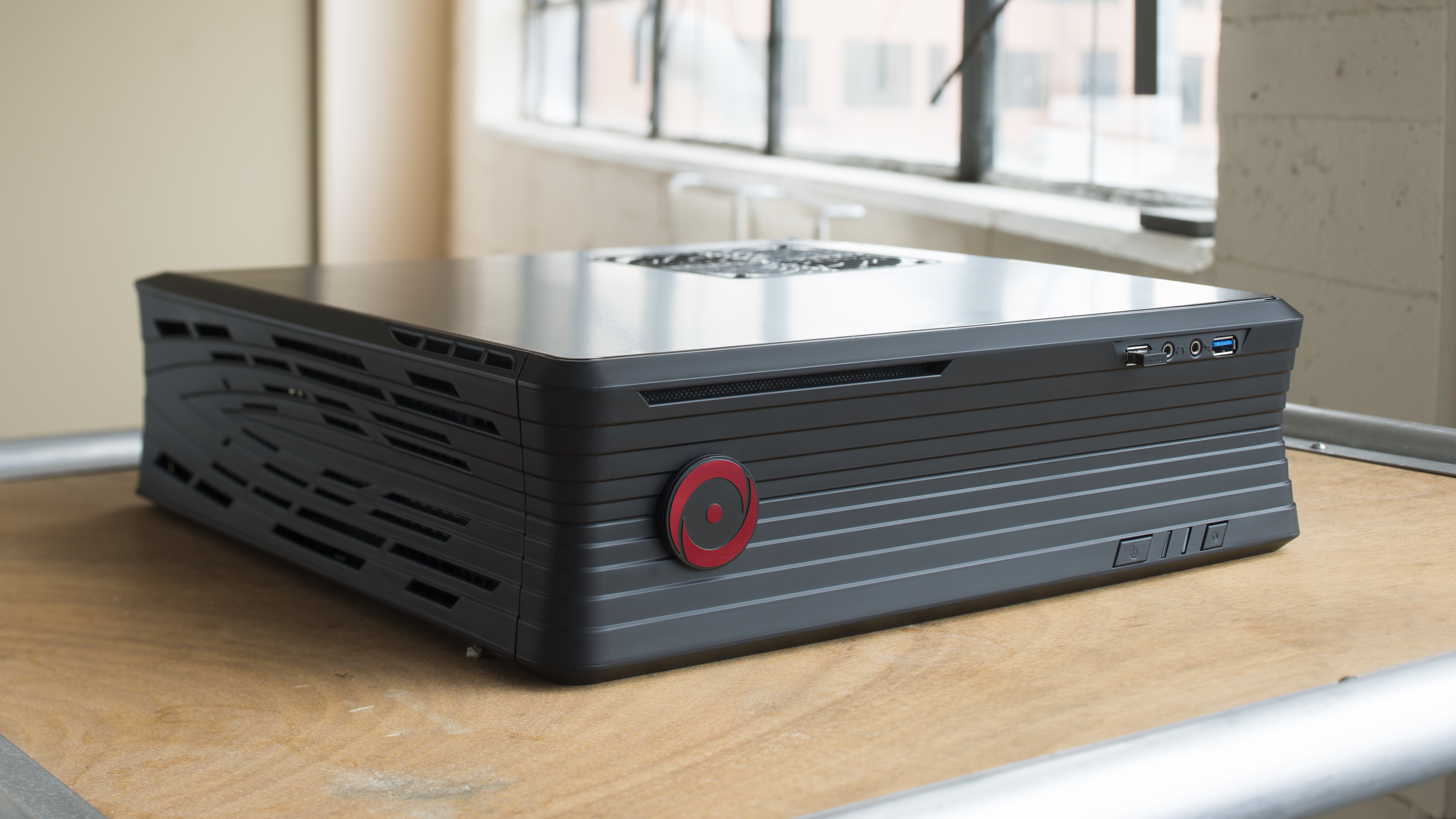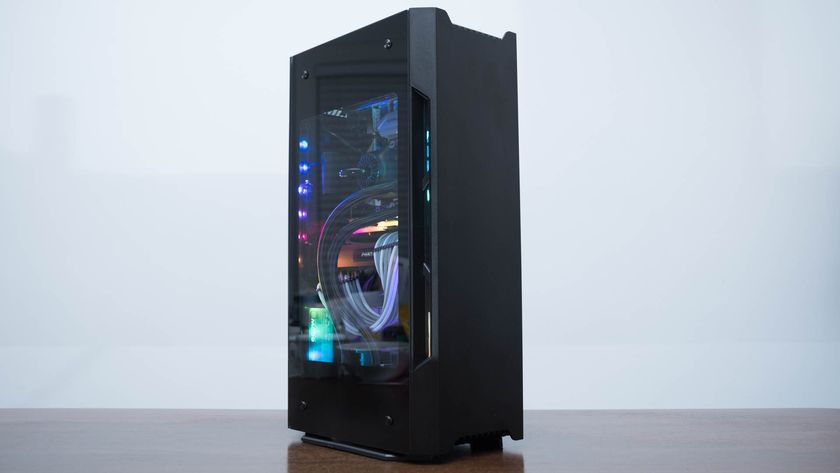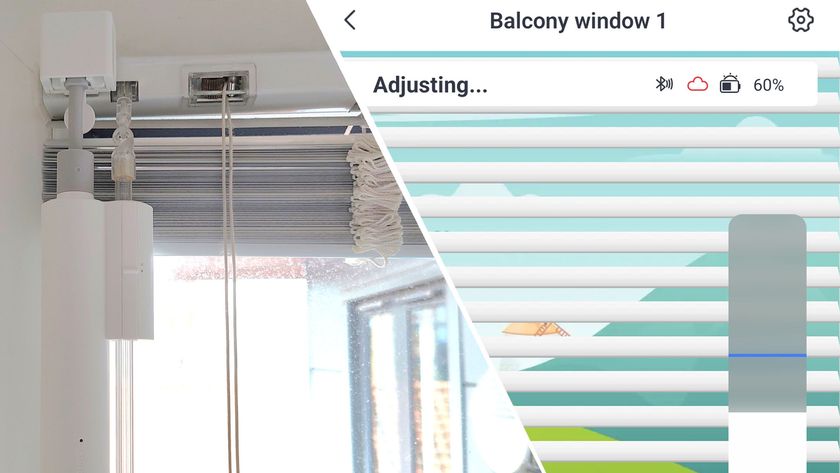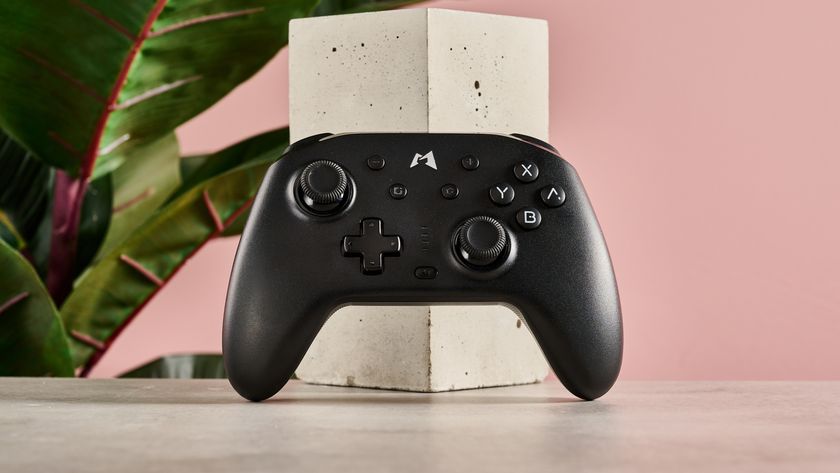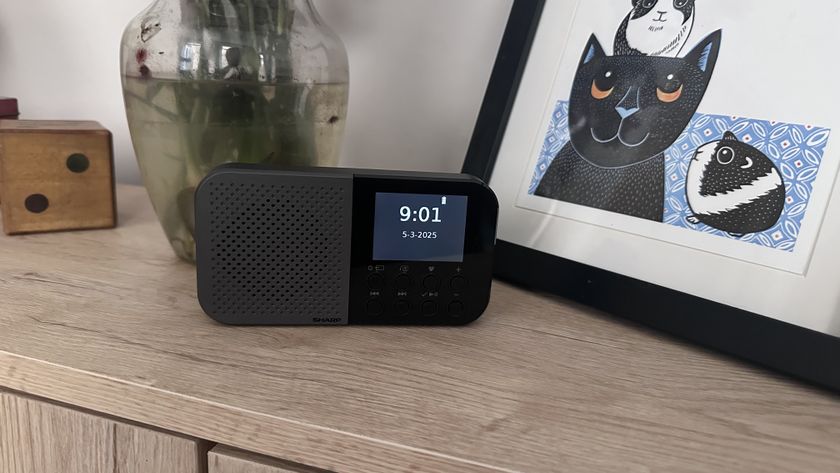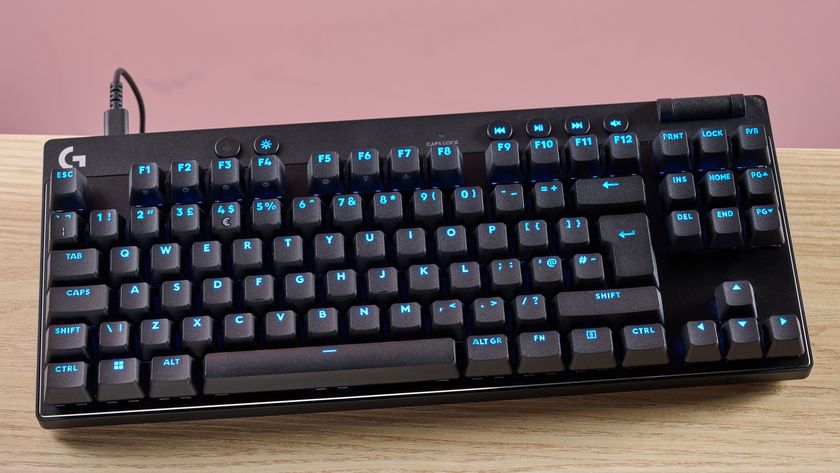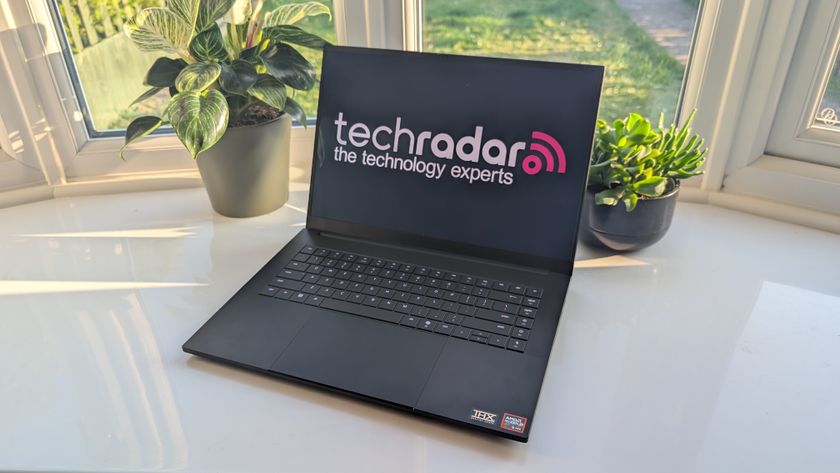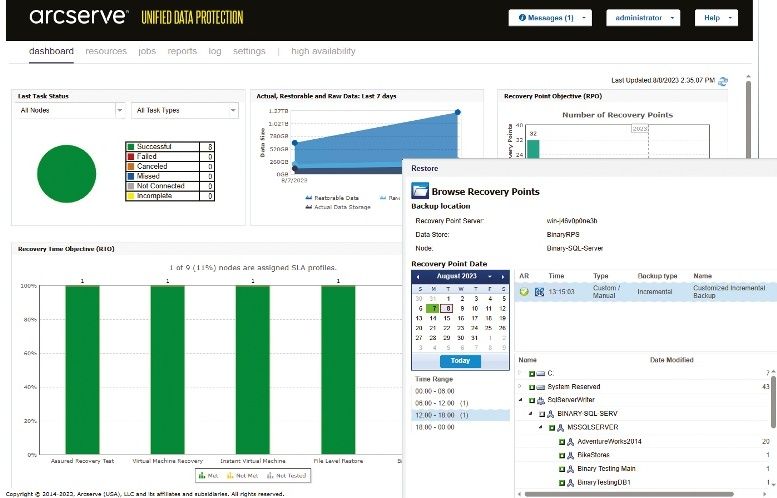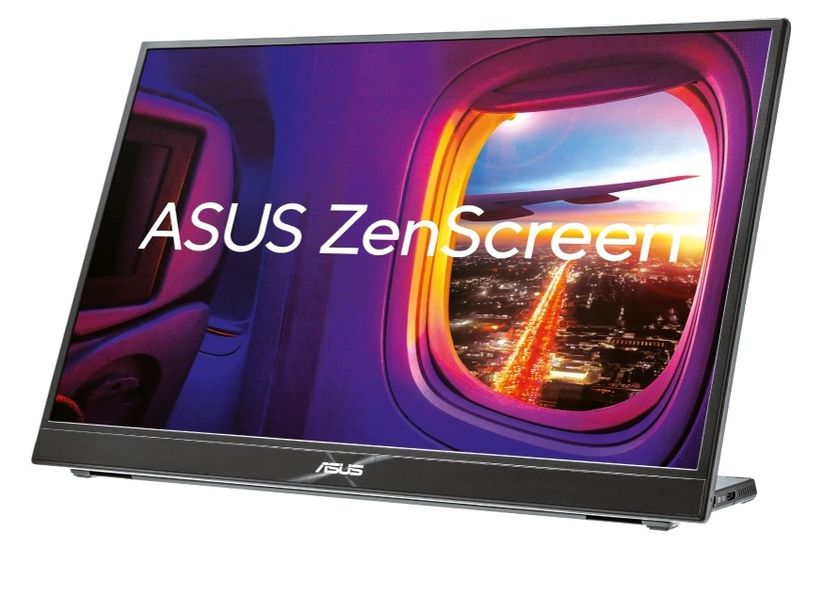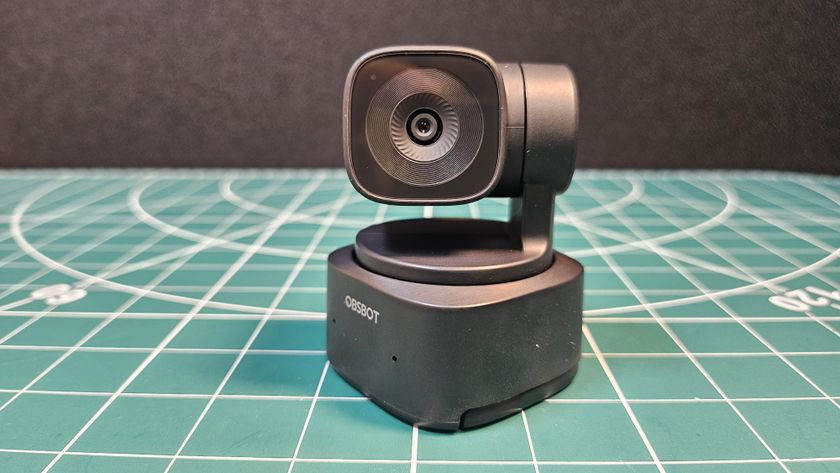Why you can trust TechRadar
The biggest difference between Origin's two systems is the expanded line of cases that impact the upgradeability of the system down the road.
The Omega, for example, sporting its range of HTPC cases, is better for the "set it and forget it" types that just want the most powerful system right this second and for as long a time as possible before they need to replace it.
Chronos, on the other hand, is easier to upgrade down the road and has a little extra room inside the case when it comes time to crack it open and swap out some parts. This one's for the PC gamers at heart.
Again, it's not exactly rocket science to swap out parts into a new machine, but if you're in it for a quick, easy and powerful beast of a machine, the Omega sits among the cream of the crop.
Here is the Origin Omega configuration given to techradar:
- Processor: 4GHz Intel Core i7-6700K (quad-core, 8MB cache, up to 4.2GHz with Turbo Boost)
- Motherboard: ASUS Z170I Pro Gaming (Intel Z170 Chipset, mini‐ITX)
- Graphics: EVGA GeForce GTX Titan X (12GB GDDR5 RAM)
- Memory: 16GB Kingston DDR4 (2,600Mhz)
- Storage: Samsung SM951 M.2, PCI-Express 3.0 512GB SSD; Western Digital Red 6TB HDD
- Optical drive: 6X Slim, slot-load Blu-ray writer
- Connectivity: 802.11ac Wi-Fi; Bluetooth 4.0
- Operating system: Microsoft Windows 10 (64-bit Edition)
- Power supply: 450 Watt Silverstone SFX Series
- Cooling unit: Origin Frostbyte 120 Sealed Liquid Cooling System
- Ports: 2 x 3.5mm audio ports (1 headphone/mic jack), 4 x USB 3.0, 4 x USB 2.0, PS/2 keyboard/mouse combo port, 2 x DVI-D, 2 x D-Sub, 2 x DisplayPort, 2 x HDMI, LAN (RJ45) port, Optical S/PDIF out, 2 x Wi-Fi antenna ports
- Size: 15 x 4.1 x 13.7 inches (W x H x D)
- Warranty: 1-year limited with lifetime expert customer care
If your eyes are glazing over, the takeaway here is that this build is rock-solid. It's powerful to the point that it shreds 4K games and spits out frame rates of over 100fps on most games played in 1080p.
This build comes in at a sky-high $3,547 (about £2,364 or AU$4,908). The big ticket items here include an Nvidia GeForce GTX Titan X that goes for $998 (about £660, AU$1,400), a $350 (about £230, AU$500) 512GB PCI-E solid-state drive and, of course, Intel's Skylake Core i7 processor.
As with all boutique PCs, there's definitely a bit of markup going on here. So, if you're on a budget and have the skills, it's probably best to sketch out a system and make it on your own.
You can easily cut back on the GPU if you don't feel 4K gaming is in your near future, or swap out some of the storage for smaller solutions to save some cash.
What I wouldn't skimp on are the processor and memory. While other parts of the system don't provide a lot of horsepower for your dollar, both the i7 6700K and 16GB of RAM lift their own weight and propel the system to the top of its class.
The biggest surprise of the build is that it runs on a 450-watt power supply. You'd think that pushing a high-end processor, a GTX Titan X and a 6TB hard drive would require a lot of juice, but parts can do way more with way less power these days.
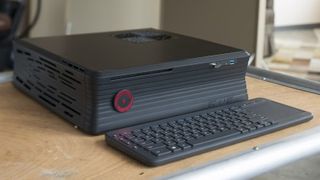
Performance
Origin's latest PC pretty much tore apart all of our tests, scoring well above my own personal PC at home.
It scored a whopping 17,052 points on the grueling 3DMark Fire Strike demo. For reference, most "gaming PCs" score somewhere closer to below 10,000 on this test. The Omega destroyed Metro: Last Light and simply crushed Middle-earth: Shadow of Mordor on both low and ultra settings. Here's how all the scores look:
Benchmarks
- 3DMark: Cloud Gate: 36,986; Fire Strike: 17,052
- Cinebench Graphics: 176 fps; CPU: 1,004 points
- PCMark 8 (Home Test): 4,842 points
- GeekBench: 4,953 (single-core); 19,479 (multi-core)
- Metro: Last Light (1080p, Ultra): 123 fps; (1080p, Low): 184 fps
- Middle-earth: Shadow of Mordor (1080p, Ultra): 160 fps; (1080p, Low): 278 fps
There's not a lot more to say here than that. The numbers are incredibly impressive which, considering the sweet parts, didn't come as a surprise.
The build here is naturally better than the Falcon Northwest Tiki system we took on in 2014, and rises well above the other Steam Machine we've reviewed, the Alienware Alpha. (The argument you could make, however, is that the Origin Omega is more of a full-size machine than a true Steam Machine.)
Regardless, playing games at over 100 fps means you'll never have to endure choppy cut-scenes or slow down during big action sequences. Games will play incredibly smooth from now into the foreseeable future, which should feel pretty good considering the few month's worth of paychecks you would have to drop on this.
A PC by any other name…
Steam Machine? HTPC? I'm not sure the Omega needs to fit into either category.
The Omega is best described as simply a mini-ITX system. Yes, it can boot straight into Steam Big Picture mode, but so can every other PC.
And yes, the sizeable hard drives make this the best place to set up a Plex server to stream content you own to anywhere you'd like. But that doesn't mean it necessarily has to be either of those things.
The point here is that you probably shouldn't buy the Origin Omega because you want a Steam Machine – there are plenty of other affordable options out there. You should buy the Omega because it can be decked out and souped up with some of the highest-end components that can absolutely shred any game you throw at it.

Bundled software
Origin is one of my favorite companies when it comes to packaging software with a system. Whether it's a practical inclusion like PowerDVD or a thumb drive with a backup image of the machine, or a free download of Minecraft that comes pre-installed with a new system, there's plenty to enjoy right out of the box:
Minecraft: The 21st century's answer to Legos. It usually goes for around $20, so to get it on your new PC for free is a deal.
League of Legends: Sure, this is a free-to-play multiplayer online battle arena game, but dodging the one-hour install process leaves more time for slaying and less time watching a progress bar.
Steam: The Omega I received booted straight into Steam's Big Picture Mode. This is handy if you plan to use this as a straight-up living room rig, but it can be disabled easily.
Nick Pino is Managing Editor, TV and AV for TechRadar's sister site, Tom's Guide. Previously, he was the Senior Editor of Home Entertainment at TechRadar, covering TVs, headphones, speakers, video games, VR and streaming devices. He's also written for GamesRadar+, Official Xbox Magazine, PC Gamer and other outlets over the last decade, and he has a degree in computer science he's not using if anyone wants it.
